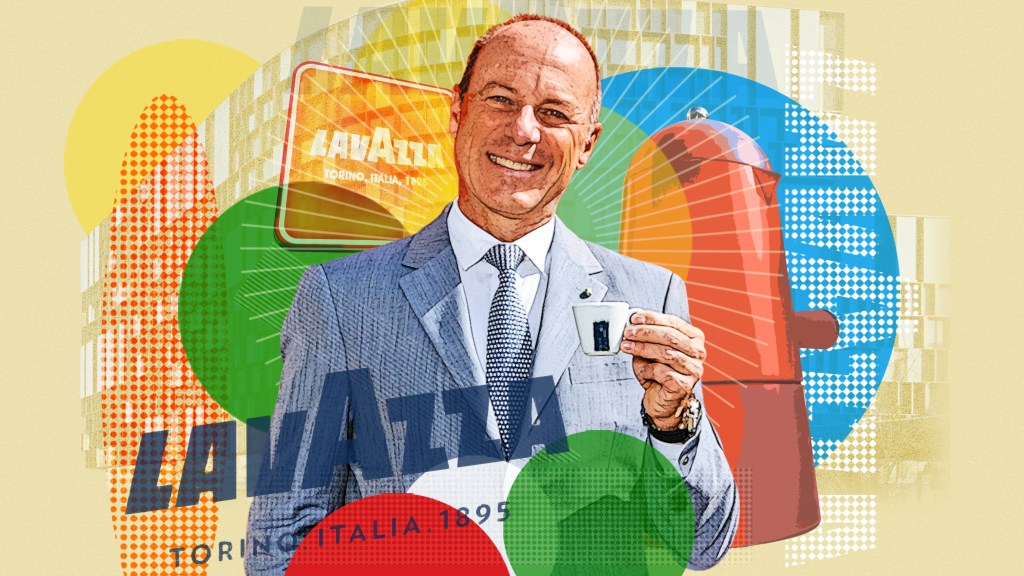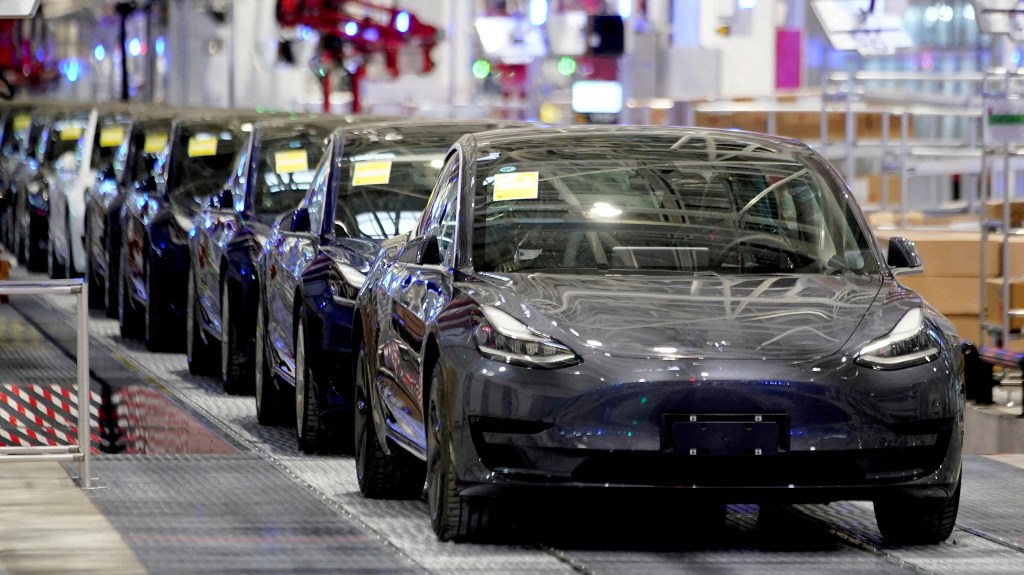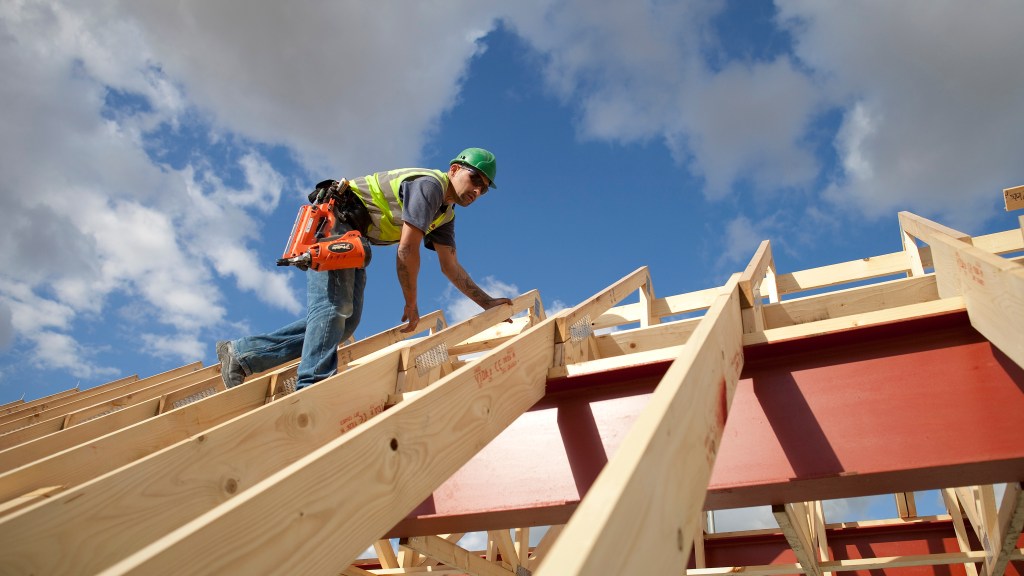Lavazza Chairman Discusses Rising Coffee Prices
As a young boy, Giuseppe Lavazza came to understand the significance of his family legacy. In Italy, the Lavazza name is synonymous with coffee, prominently featured in espresso bars and on countless coffee cups nationwide. Now at the helm as chairman of the family business, Giuseppe has legacy on his shoulders, having dedicated over 30 years to the company founded in 1895 by his great-grandfather.
Giuseppe’s childhood was marked by the dangers associated with his family’s wealth, particularly during the period known as Anni di Piombo (Years of Lead). The Red Brigades, a radical terrorist group, specifically targeted prominent families in Italy, including his own.
Reflecting on that troubling era, Giuseppe shares, “It was a terrible time… My name and my sister’s appeared on a list discovered in a location tied to the group. I was just six years old.” He recalls being escorted to school in an armored car and recalls the fear that gripped his family as they contemplated fleeing to safety.

Fortunately, they remained in Italy. Now, Giuseppe leads a company whose coffee — whether it’s beans, ground, or instant — is enjoyed in over 140 countries globally. Despite a 13 percent increase in sales last year, bringing total revenues to €3.1 billion (£2.6 billion), profits fell 15 percent to €263 million due to inflation pressures.
The coffee industry faces challenges as well. Recent surges in arabica bean prices touched $2.73 (£2.10) per pound – the highest since 2011, while robusta beans reached $5,242 per tonne, effectively doubling prices since last year.
For Giuseppe, an avid espresso drinker who enjoys three to six cups daily, the company’s dilemma looms large: will Lavazza absorb rising costs and risk its profit margins, or pass these costs onto consumers, potentially triggering a decline in sales?
“Regrettably, the cost of a quality coffee is set to rise significantly,” Giuseppe states. “I predict that the price at supermarkets could very well double.”
For coffee enthusiasts in the UK, where takeaway coffee prices have already climbed beyond £3, this news is troubling. However, in Italy, where residents expect to pay no more than €1 for an espresso, these increases may lead to public outrage.
Giuseppe forecasts a price hike for espressos in Italy, projecting an increase from approximately €1.20 to between €1.80 and €2. “This will impact sales volumes… likely reducing them by more than 10 percent,” he notes. Global coffee consumption already fell by 3 percent last year, reflecting inflation’s impact on consumer spending.
Founded in 1895 as a single shop on Via San Tommaso in Turin, Lavazza grew to become Italy’s leading coffee brand. The company faced severe financial challenges in the 1970s exacerbated by the “black frost” that devastated Brazil’s coffee plantations, forcing Lavazza to negotiate delayed payments with Brazilian farmers to survive.

After recovering, Lavazza expanded to international markets, making its entry into the UK in 1990. “A transformation occurred in the UK – people started to embrace real coffee,” Giuseppe comments, acknowledging the role of coffee shops in popularizing high-quality beverages.
Today, Lavazza has established a significant presence across the UK coffee market, ranging from premium partnerships at prestigious events like Wimbledon to widespread distribution in supermarkets and collaborations with chains like Wetherspoons.
Giuseppe, who studied economics before joining the family business in 1991, emphasizes the importance of humility and governance in the company’s operations. He succeeded as chairman last year, marking a smooth transition of leadership from one generation to the next within the family. Both branches of the Lavazza family hold equal stakes, but growing family numbers present governance challenges for the future.

While confirming that public markets are not a fit for the coffee industry due to price volatility in raw materials, Giuseppe remains open to future outside investments, depending on Lavazza’s growth strategies.
During a recent event celebrating the Lavazza Foundation’s 20th anniversary, Giuseppe highlighted the pressing issue of climate change in coffee production. “We are facing unprecedented challenges,” he states, addressing the impact of changing weather patterns on crop yields.
Recent heavy rains in Central America have led to the proliferation of roya fungus, which threatens coffee trees. To combat such issues, Lavazza has implemented advanced monitoring technology on farms in Cuba, helping farmers safeguard their harvests.
Giuseppe expresses concern about Brazil’s impending coffee harvest due to its worst drought in over 70 years, emphasizing the need for improved productivity in Africa, where yields greatly lag behind Brazil. He suggests diversifying agricultural practices, such as introducing shade from other tree species, to enhance crop health and resilience.

Amid these daunting challenges, Giuseppe finds motivation in his family’s history of resilience. “When I consider current difficulties, I remember what previous generations faced with wars and crisis. Today presents its own challenges, but our company remains robust.”





Post Comment